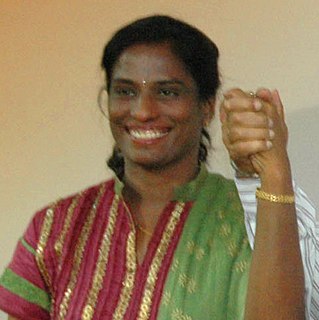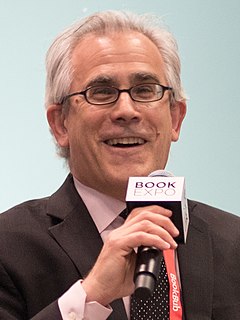A Quote by David Foster Wallace
There happen to be whole large parts of adult American life that nobody talks about in commencement speeches. One such part involves boredom, routine, and petty frustration.
Related Quotes
When the president talks about tax reform, he talks about the people who will benefit. He talks about American jobs. He talks about the fact that we're going to be taking money that's overseas and bringing it back to the United States so that it will employ American workers. I think that focus again on the American working and middle class is- is-is to me the most thoughtful and, in some ways, the most genius part of Trump's approach to politics.
Great speeches have always had great soundbites. The problem now is that the young technicians who put together speeches are paying attention only to the soundbite, not to the text as a whole, not realizing that all great soundbites happen by accident, which is to say, all great soundbites are yielded up inevitably, as part of the natural expression of the text. They are part of the tapestry, they aren't a little flower somebody sewed on.
We define boredom as the pain a person feels when he's doing nothing or something irrelevant, instead of something he wants to do but won't, can't, or doesn't dare. Boredom is acute when he knows the other thing and inhibits his action, e.g., out of politeness, embarrassment, fear of punishment or shame. Boredom is chronic if he has repressed the thought of it and no longer is aware of it. A large part of stupidity is just the chronic boredom, for a person can't learn, or be intelligent about, what he's not interested in, when his repressed thoughts are elsewhere.
I've been in America for almost ten years. I've had many parts of the American experience. I've been all over this country and seen many different parts of it. It's just that I'm not an American. I've never become an American. I'm talking about the whole thing-psychologically, citizenship, the whole trip. Of course I've definitely been influenced by America-I'm definitely influenced by the music and the culture.
As a historian of American and African-American religion, I know that the Trayvon Martin moment is just one moment in a history of racism in America that, in large part, has its underpinnings in Christianity and its history. Those of us who teach American Religion have a responsibility to tell all of the story, not just the nice touchy-feely parts.
I have an identity crisis which is not resolved because I'm a dual citizen. My whole family is American, and I was born in India but I was raised in Canada. But all my extended family is American, I've held an American passport and I've spent my whole adult life in between New York and LA. So I feel like an American... and I also feel like a Canadian! I wish more people were dual citizens and then I wouldn't feel like such a freak.
Modern physics has taught us that the nature of any system cannot be discovered by dividing it into its component parts and studying each part by itself... We must keep our attention fixed on the whole and on the interconnection between the parts. The same is true of our intellectual life. It is impossible to make a clear cut between science, religion, and art. The whole is never equal simply to the sum of its various parts.
The question I have is out of all these commencement speeches that are happening, what`s the really worthwhile advice that a 21, 22 year old person will walk away from the speech and say, I can apply this maybe five years, 10 years later. How many speeches actually push the button like that, other than yours?
There is no use in one person attempting to tell another what the meaning of life is. It involves too intimate an awareness. A major part of the meaning of life is contained in the very discovering of it. It is an ongoing experience of growth that involves a deepening contact with reality. To speak as though it were an objective knowledge, like the date of the war of 1812, misses the point altogether. The meaning of life is indeed objective when it is reached, but the way to it is by a path of subjectivities. . . . The meaning of life cannot be told; it has to happen to a person.
"Pieces" almost always appear 'as parts' in whole processes. ... To sever a "'part" from the organized whole in which it occurs-whether it itself be a subsidiary whole or an "element"-is a very real process usually involving alterations in that "part". Modifications of a part frequently involve changes elsewhere in the whole itself. Nor is the nature of these alterations arbitrary, for they too are determined by whole-conditions.






































